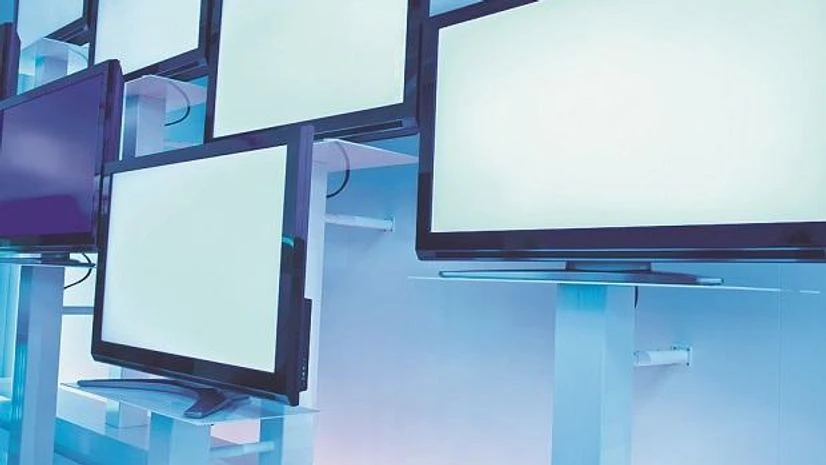Rubbishing claims that the new broadcast tariff regime would increase bill amounts of cable TV and DTH subscribers, the Telecom Regulatory Authority of India (Trai) on Wednesday said the new framework may actually decrease TV bills.
The statement comes after a Crisil report on Monday said that the new norms would result in higher bills for the cable TV and Direct-to-Home (DTH) subscribers.
Addressing the media here, Trai Chairman Ram Sevak Sharma said that the report was prepared on an "inadequate understanding" of the TV distribution market and it was incorrect.
"The report is based on choosing top-rated channels on all-India basis and considers only one weekly report dated January 25, 2019, from TV Rating Agency, BARC," a Trai statement said.
Trai Secretary S K Gupta said: "In three months, we expect prices of various channels to go down."
The Crisil report on Monday said: "The network capacity fee (NCF) and channel prices announced by broadcasters and distributors as per the Trai's new guidelines could increase the monthly bill of most subscribers of television channels."
More From This Section
Trai clarified that as per the regulations, service providers even waive off or give discounts to consumers on the network capacity fee.
Sharma also said that the regulator has received several complaints from consumers regarding blackouts on DTH platforms, and offerings of multiple TV connections which Trai is looking into and has issued necessary guidelines to the operators.
He noted that the primary aim of the new norms is to empower consumers to make their own choices and let the market forces decide the prices.
Trai has also asked operators to provide options of separate connections and choices of channels for more than one television in a household, the Chairman told reporters.

)
